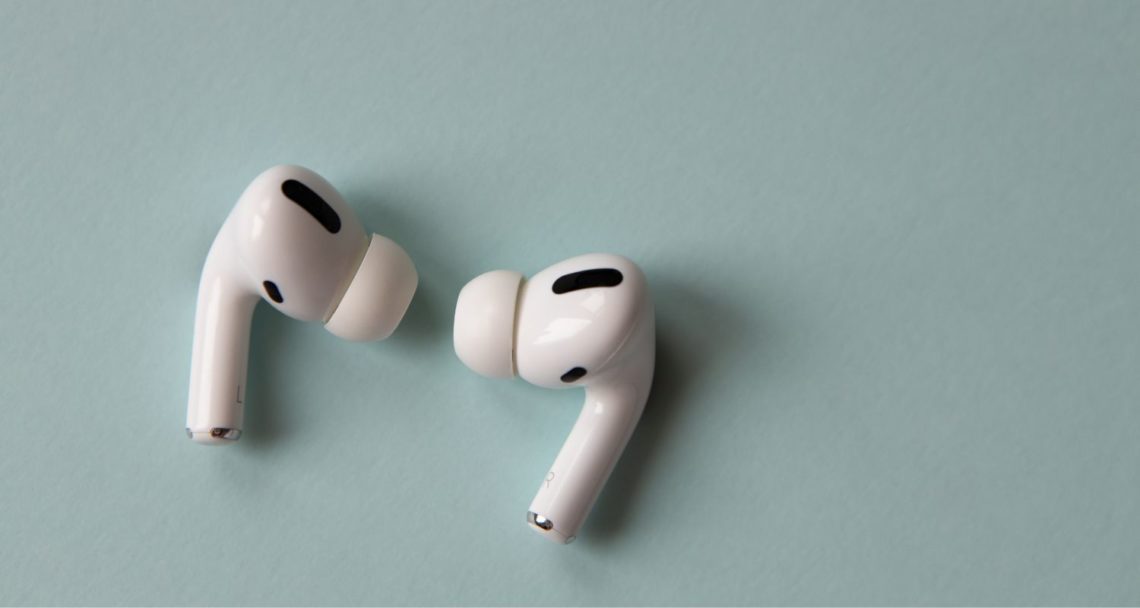Did you know that hearing loss is the third most common chronic medical condition people experience today? Nearly 1 in 6 people have some degree of hearing loss which affects over 48 million people. Though aging and loud noise are often associated with major causes of hearing loss, there are several factors that can contribute to impaired hearing. There are a range of strange causes that can impact our hearing in serious ways. Being aware of these risks can better help you protect your hearing health. A few strange causes of hearing loss includes the following:
- Earbuds: these pieces of technology have become part of everyday life, like our smartphones and/or tablets as well as laptops. Using earbuds is a common way we listen to music, podcasts, audiobooks etc. They are small and portable, allowing us to use them while exercising, cleaning, or running errands. But earbud use can actually harm hearing health by exposing us to higher levels of sound. Sound is measured in units known as decibels (dB) and sound above 85dB can be hazardous for hearing health.
Earbuds, depending on the audio source they are connected to, can reach levels near 100dB! At this level, we can only be safely exposed for around 15 minutes and surpassing this can lead to irreparable damage. The World Health Organization (WHO), estimates that over 1 billion people are at increased risk of developing noise induced hearing loss as a result of loud noise exposure from audio sources (using electronic devices) as well as social spaces. Loud noise can damage the hair cells in the inner ear. These sensory cells play a critical role in how we process and understand sound. They send auditory signals to the brain which the brain further processes and assigns meaning to, allowing us to understand what we hear. Loud noise can desensitize these cells, preventing them from working effectively, leading to hearing loss.
- Airbags: another unexpected cause of hearing loss is airbags. Airbags are an important safety feature that can be life-saving. They can also contribute to hearing loss in a few ways. Airbags can physically damage components of the auditory system – the sensory system for hearing – like the ears. It can also emit high levels of noise which can damage hair cells in the inner ear. One study showed that 17% of people involved in car accidents which activated the airbag, experienced hearing loss as a result.
- Heart Disease: substantial research shows that several medical conditions increase the risk of developing hearing loss. This includes cardiovascular disease which impacts blood flow throughout the body, including the ears. Cardiovascular disease, also known as heart disease, describes damage to the blood vessels. This damage can include blockages or ruptures which restricts blood flow and can lead to strokes or heart attacks. Restricted blood flow in the ears can impact sound being absorbed and processed, potentially disrupting or impairing this process. This can produce hearing challenges and/or hearing loss.
- Diabetes: another medical condition that is correlated with hearing loss is diabetes. Numerous studies show that people with diabetes can be more likely to develop hearing loss. This includes a study published in the Annals of Internal Medicine. Researchers examined the relationship between diabetes and hearing loss by collecting data on over 5,000 people both with and without diabetes. After analyzing this data, they found that among the participants with diabetes:
- 21% experienced a mild or greater hearing loss of low or mid-frequency sounds compared to 9% of adults without diabetes.
- 54% experienced a mild or greater hearing loss of high-frequency sounds compared to 32% of adults without diabetes.
- Adults with prediabetes had a 30% higher rate of hearing loss
This data highlights a significant link between diabetes and hearing loss which supports
other studies that identify diabetes as a risk factor for imapired hearing. Diabetes is characterized by excess glucose remaining in the bloodstream. This can damage
nerves and blood vessels in the body, including in the inner ear, which impacts how
sound is processed.
- Smoking: a recent study found that compared to nonsmokers, smokers were 60% more likely to develop high-frequency hearing loss and 20% more likely to develop low-frequency hearing loss. Nicotine, an active ingredient in cigarettes, can affect blood vessels by slowing down circulation. This can occur in the ears which can reduce the capacity to absorb and process soundwaves, contributing to hearing loss.
You can prevent hearing loss by prioritizing your hearing health. Contact us today to schedule a hearing consultation!

